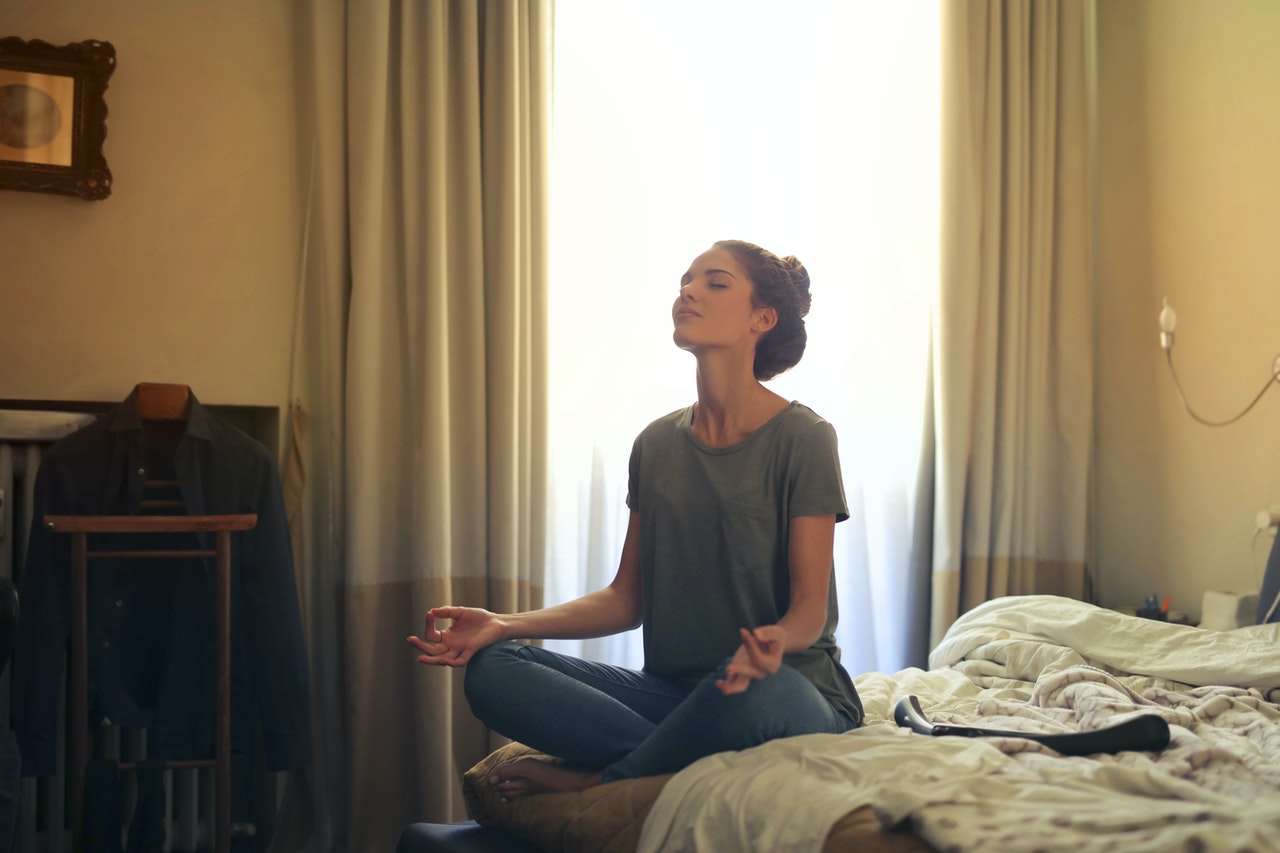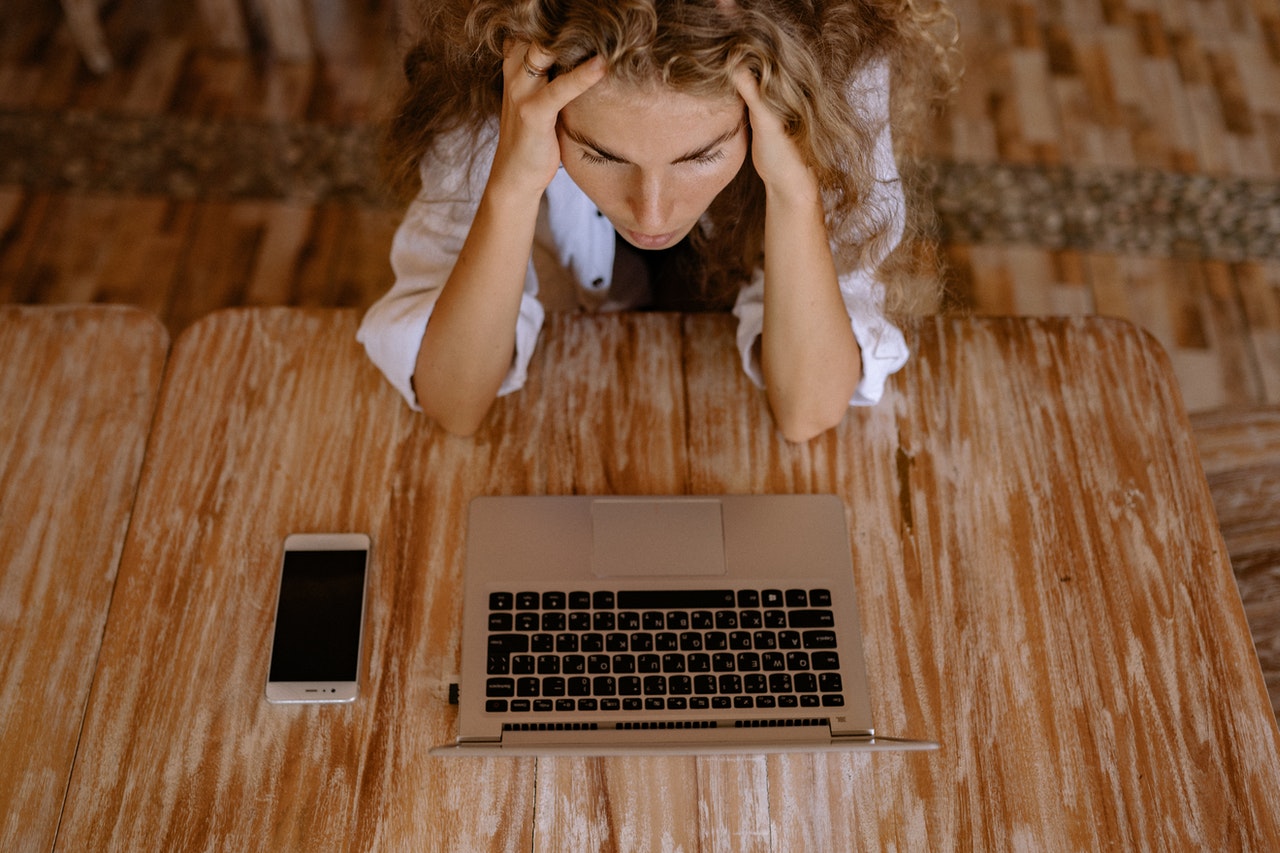
How to have a Great Online Therapy Session
Tips for Your Thrive Teletherapy Session By: Jessica Taylor, LPC Online therapy is effective and convenient. It can be hard to navigate the technology and to find your rhythm with teletherapy. Here’s tips to have a great session. Follow these instructions Click on the link sent to you by your therapist Enter your name Click ‘join’ (please note that this button will not appear until your therapist has joined the session on their end). Use a laptop or desktop Use a Laptop or a Desktop (Phones and Ipads work too, but not as well). Experience has proven that teletherapy sessions run more smoothly when both the client and therapist are using a computer. Chrome is the recommended browser, but Firefox and Safari will work as well. If you must use your cellphone, you will also need to have either Chrome or Safari downloaded. Prepare ahead of time Make sure that your device is charged, that you have headphones (if you prefer to use them) and that you have allowed access to your camera and microphone. Find a quiet and distraction-free space In order to maintain HIPAA compliance, your therapist will make sure that they are in a space where no one can hear them (or you). You will get the most out of your session if you are able to find a private space as well. Put a post-it on the square that shows your own face Looking at our own face for an extended period of time is one of the reasons cited for developing video call fatigue. If you are uncomfortable with the idea of being on a video call for this reason, consider putting a piece of paper on the square that shows you your own face. Be flexible with technology issues Another possibly frustrating aspect of teletherapy is when technology fails us. If for any reason, the teletherapy session freezes or cuts out, know that your therapist is doing everything in their power to get things up and running again on their end. Know that your therapist is in the same boat You are not alone-your therapist is also getting frustrated with technology issues and feeling uncomfortable looking at their own face!










